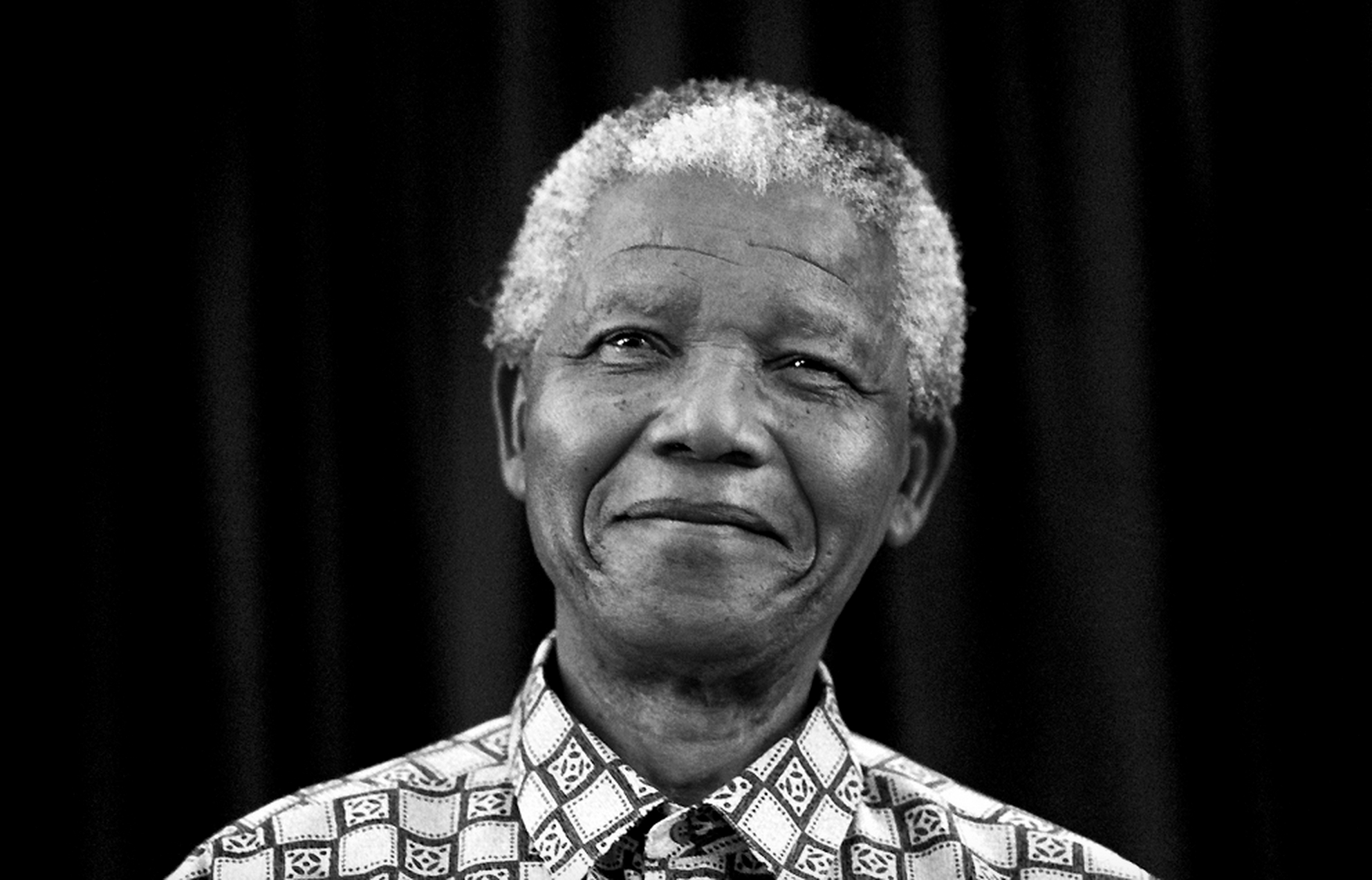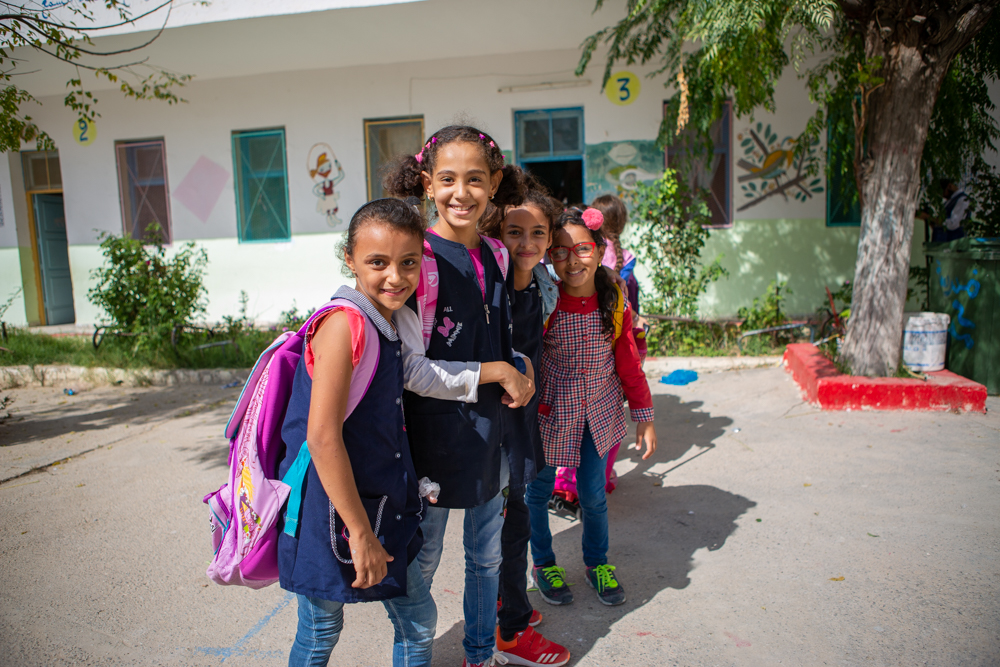An Eye Toward Progress in Mali and Niger
We all know that Islamic Relief USA supports a lot of projects, mainly through financial assistance and volunteers. It’s always feels good to hear about the good work that is being done. However, seeing the progress being made on the ground must no doubt be gratifying.
As I was listening to my colleague, Bilal Aslam, describing his first-hand account of work being performed by Islamic Relief in the countries of Niger and Mali, you couldn’t help but a feel a sense of accomplishment for the organization and its mission.

Both Niger and Mali have deep pockets of poverty, especially in their villages. Bilal explained that Niger, for one, is ranked the second lowest on the Human Development Index.
In Niger, he discussed the food security enhancement project, which calls for a community garden, seed cultivation, and a perimeter fence that is tall enough to prevent wandering livestock from trespassing and destroying/eating the crops.
There were pictures of very deep wells, and how the women used ropes to suspend buckets down some wells that were as deep as 70 meters. The women were trying to retrieve some clean groundwater that is the least bit sippable.
Soon, these villages will surely see some relief as Islamic Relief works to have some solar-powered wells in place. This would be a huge boon, since there would be less reliance on, and cost toward, fuel.
Islamic Relief also hopes to have a milling machine either fixed or replaced so the villagers won’t have to spend precious amounts of time manually pounding such things as millet, which is highly valued in Niger. As someone who’s never grown food, I really admire the villagers’ ability to be self-sustaining. The villagers often don’t have the option of travelling to a nearby supermarket. The stores often are very far and the inventory is slim, which means whatever items are available are likey to be very expensive.
Outside looking in, these villagers have so little, as compared to Americans. They live in mud abodes with no electricity. Yet, they have drive, a work ethic, and seemingly embrace the concept of self-reliance and a supportive community, something Islamic Relief always is trying to instill.

In addition to helping them obtain resources, Islamic Relief also hopes to make an impact on public health, particularly when it comes to vision. Here’s a shocker: Out of a population of some 18 million, there are about 18 eye doctors all together in Niger. That is one eye physician for every 1 million people. Despite that, the percentage of people with cataracts is about 2 or 3 percent. Let’s hope that number doesn’t increase.
In Mali, the major problems are in the water, sanitation and public health. There are plans to create 10 solar-powered wells.
In the meantime, villagers have found creative ways to produce rice paddies and form irrigation canals. Once dry lands are now lush with vegetation.
In other areas of the country, Islamic Relief helped create distribution points where handpumps were installed to raise groundwater. The result: people from other villages travel to obtain the cleaner water.
Listening to these presentations, and seeing the vivid photos, reminded me of the strong resilience so many people have, especially those who have so little to begin with. It just goes to show you the scaffolding that Islamic Relief provides through its various programs, staff, and volunteers helps bring out the best in everyone. The result is more progress and less stagnation. Who could ask for anything more?



